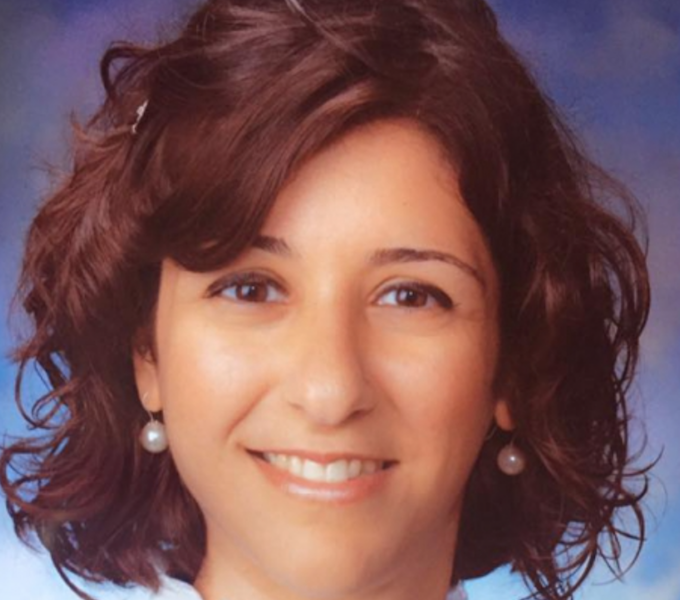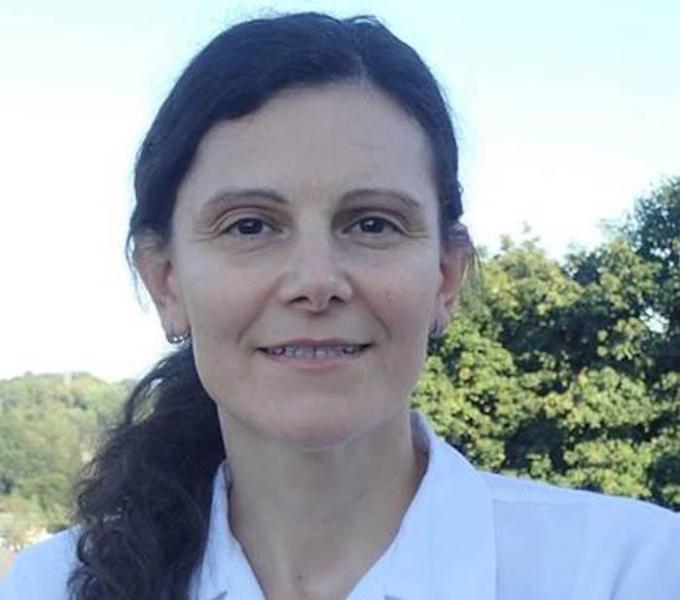Affiliated Faculty
This list of affiliated investigators can help you identify potential research mentors at the University of Pittsburgh. PSTP students can, and do, work with mentors not on this list, but the investigators featured below have expressed interest in hosting PSTP students in their laboratories.

The Airik lab studies mechanisms of acute kidney injury and chronic kidney disease by employing genetic mouse models, patient-derived cells and gene therapy approaches.

Research in the Dermody laboratory focuses on the molecular mechanisms of Mammalian Orthoreovirus (reovirus) and Chikungunya virus infections

The Ghazi lab studies molecular genetics of aging and longevity, especially genes that link lifespan with healthspan and reproductive fitness.

Exome and genome sequencing in newborns and genome sequencing in the Western Pennsylvania Amish and Mennonite communities

Understand the causes of diseases with disruptions between immune system and the microbiota, such as Crohn’s Disease and Environmental Enteropathy

Chronic kidney disease (CKD) is a growing public health burden that results in significant morbidity and increased risk of mortality for individual patients

Our lab is focused on the host protective immune responses to M. tuberculosis, a major factor in outcome of infection.

Vascular pathways involved in cerebral vascular dysregulation and therapeutic strategies that improve neurological outcome after pediatric asphyxial cardiac arrest

Moulik's clinical expertise is in cardiovascular genetics, cardiomyopathies, connective tissue disorders resulting in aortopathies, general cardiology and noninvasive cardiac imaging. She is the Director of the Cardiovascular Genetics Clinic at UPMC Children's Hospital of Pittsburgh. The focus of this clinic is to determine an underlying genetic etiology for inherited familial cardiovascular disorders including various forms of cardiomyopathies, heart rhythm disorders, aortic aneurysms, inherited lipid disorders, unexplained sudden cardiac arrest and help families with appropriate risk assessment and clinical screening of at-risk family members. Moulik also leads an NIH funded research lab with focus on heart failure signaling.

GH, insulin-like growth factors and a novel mitochondria-associated peptide on glucose homeostasis, energy metabolism, cardiovascular health and aging

Molecularly targeted therapeutics for childhood and adult brain tumors and identifying and counteracting mechanisms of glioma treatment resistance.

Metabolic, molecular and biochemical changes in animal models of pediatric and adult liver cancers and how best to capitalize on these for therapeutic purposes

My laboratory is interested in understanding congenital heart disease using translational models that relate clinical findings to in vitro systems, so as to further elucidate molecular and cellular mechanisms that contribute towards congenital heart disease. We use induced pluripotent stem cells (iPSCs) and gene editing to create clinically relevant biological models of congenital heart disease.

Dr. Sims-Lucas’ program focuses on acute kidney injury as well as the mechanisms that lead to predisposition to injury.

Structure/function relationship in the acyl-CoA dehydrogenases (ACDs)
